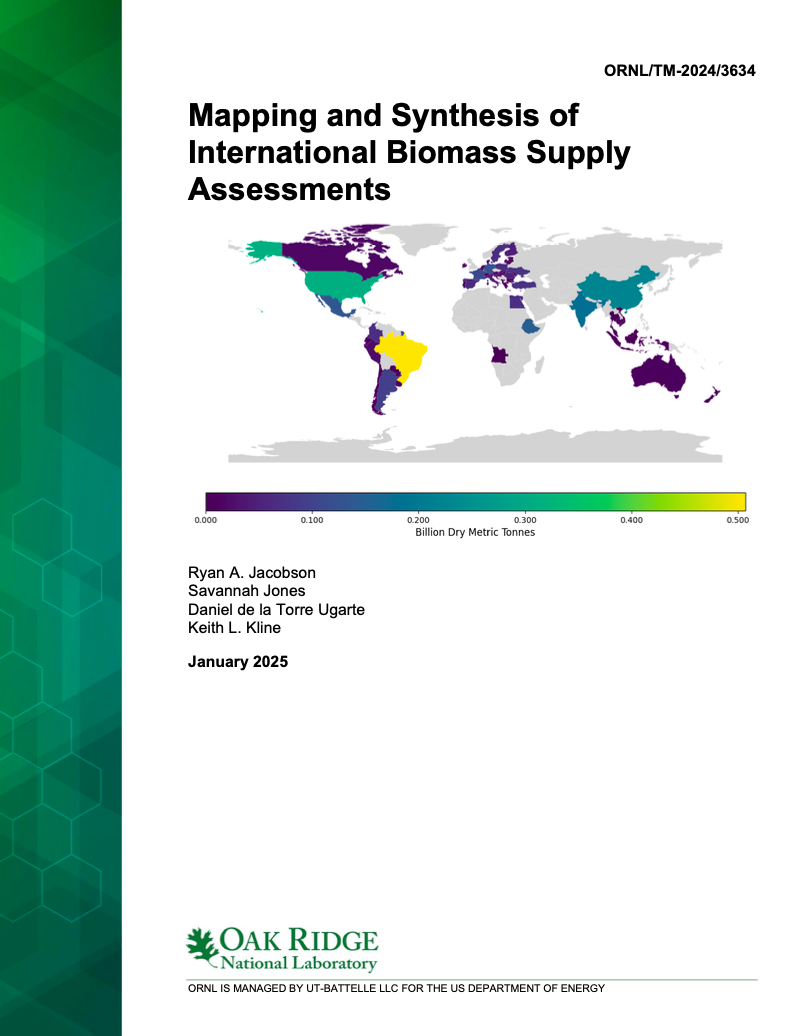Over 550 Scientists Write Letter to the EU Stressing the Need for “Climate Smart Forestry”
Oct 27, 2022

With the following letter, over 550 scientists urge the EU to make better use of its forest reserves, arguing that properly managed forests are better for biodiversity, can supply wood for sustainable building and products, as well as residues that can be used to replace fossil fuels.
The letter can be read below, or downloaded on the right (with signatories included).
To the kind attention of European Commission President Ursula von der Leyen European Parliament President Roberta Metsola European Council President Charles Michel
RE: Scientist Letter regarding the need for climate smart forest management
27 October 2022
Dear President von der Leyen, dear President Metsola, dear President Michel,
Hot and dry weather in many parts of Europe and the world makes us worry about the future of our forests. Drought, diseases and fires devastate whole landscapes irrespective of conservation or management status. Obviously forests are at increasing risks from climate change, while at the same time they have the capacity to mitigate climate change and increase biodiversity with proper management and use of its products to secure a bioeconomy and renewable energy supply in Europe. Forests have a high capacity to bind carbon dioxide from the atmosphere. However, in many European countries a high level of growing wood stocks has already been reached and further accumulation of biomass appears risky under climate warming. If dry years become more frequent, we expect that forest biomass will decrease rather than increase in the next decade irrespective of management and protection. Presently, in managed forests annual growth of carbon is higher and maximum wood volumes are the same as under protection. Without harvesting, the forest volumes will saturate. The carbon sink will approach zero, as it is visible in the old growth areas in the Ukraine pristine forests.
Wood from sustainably managed forests is CO2-neutral, with respect to the ecosystem processes, replacing competition between the individual trees, and losses from natural disasters by regulated stand density. There is no carbon debt at landscape scale. In fact, it is management that did enhance the biodiversity in forests in European history.
The climate benefits of wood products are multiple, and these follow sustainable management. They depend on the amount of carbon which is transferred from the forest into wooden utilities, ideally over very long times. In this process, less fossil energy is required when manufacturing wooden products compared to concrete, steel, aluminium and glass. This process of replacing energy rich constructions by wood has been termed product substitution. Use of wood as building material is not only an additional storage for CO2, but additionally secures urgently needed affordable housing, reduces energy demand of buildings and creates sustainable employment in all European regions.
Additional to substitution of fossil resources by material use, there are increasing volumes of by-products and recycled wood available to secure renewable energy supply. Tending forests and harvesting trees for products will always result in remnants which are not suitable for products, i.e. tree tops or a rotten base. There are admixed tree species that are also harvested, but cannot be used for products, mainly in broad leaved trees. A part of this biomass remains in the forest for deadwood and species protection.
Additionally, manufacturing wooden products will also result in residues like cuttings, shavings and saw dust that are suitable for producing energy.
The energy content of remnants and residues of wooden products at the end of their life cycle should be recovered ideally by using “BioEnergy with Carbon Capture, Use and Storage”. It has been argued that wood is inefficient for energy production due to its low energy density compared to fossil fuels. However, this comparison is unfair. Fossil fuels will not be available in near future. When the energy transition in Europe has been successfully achieved, biomass-based carbon capture and storage technologies have also the ability to produce hydrogen and biochemicals.
With proper forest management the use of wood for energy is a co-product of harvest and of the processing of wood for products. The use of wood for energy can substitute fossil energy and is a significant part of climate protection policy in all European countries. Energy substitution is an integral component of a managed forest and the associated wood products. Therefore, in a sectoral analysis of a managed forest, the material and energy flows of the entire system which are connected with the forest and its use have to be considered.
Only in the case of forest management and wood-use we avoid fossil CO2-emissions. Increasing storage of wood in forests only compensates but does not avoid CO2 emissions with unforeseeable risks. Banning the use of wood for energy from sustainably managed forests and increasing the share of EU-forests under protection is not suitable to support Europe's climate protection policy, has no further benefits for biodiversity and hinders circular bioeconomy. We might even conclude that ecologically driven sustainable forestry, that keeps wood volumes constant and makes use of the increment for products and energy is “climate-smart”.
At present, the demand for wood exceeds our supply. Thus, the EU imports wood from other regions of the globe. In this situation it seems inadequate to set aside forest areas for wilderness, which has not been proven to maintain additional species.
Prof. Roland Irslinger (retired), formerly University of Applied Forest Sciences Rottenburg/Neckar, Germany
To see all signatories of the letter, you can see or download the PDF with the buttons on the right of this page.
Biodiversity
Biomass and feedstock availability
Circular economy
Policy and legislation
Europe
Recente artikelen
Aviation
E-fuels
Europe
Renewable fuels
Platform Member SkyNRG and Skellefteå Kraft join forces in Project SkyKraft for the production of e-SAF

Biomass and feedstock availability
Bioenergy
Circular economy
Oak Ridge National Laboratory: Mapping and Synthesis of International Biomass Supply Assessment | 2025


